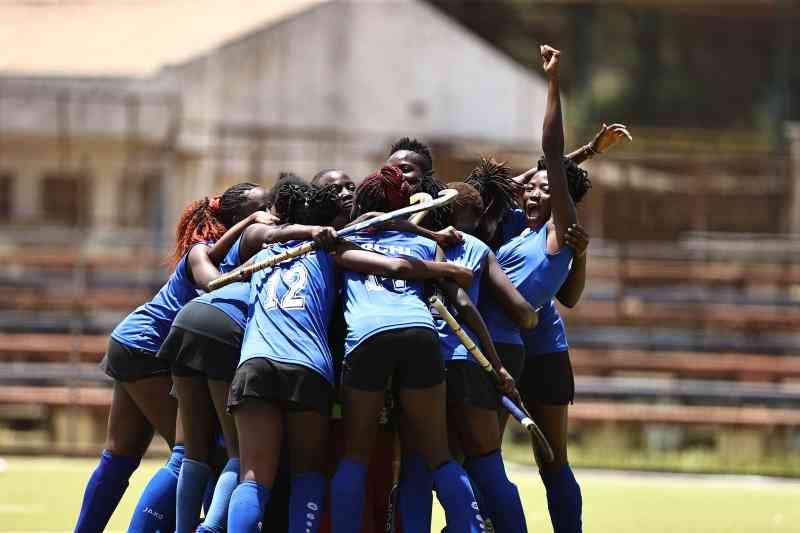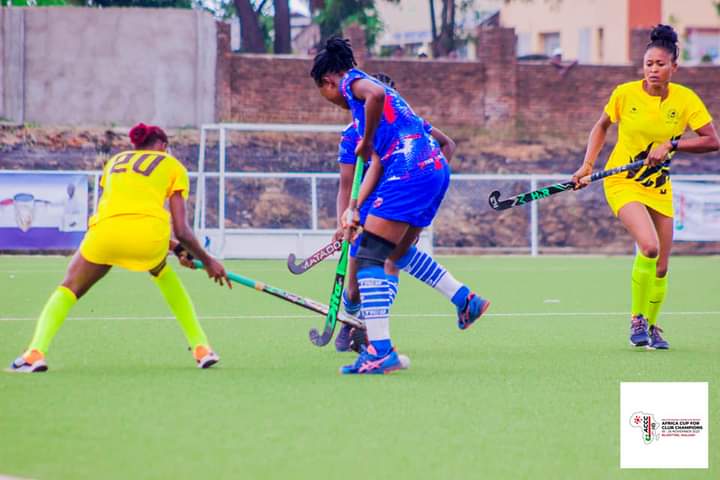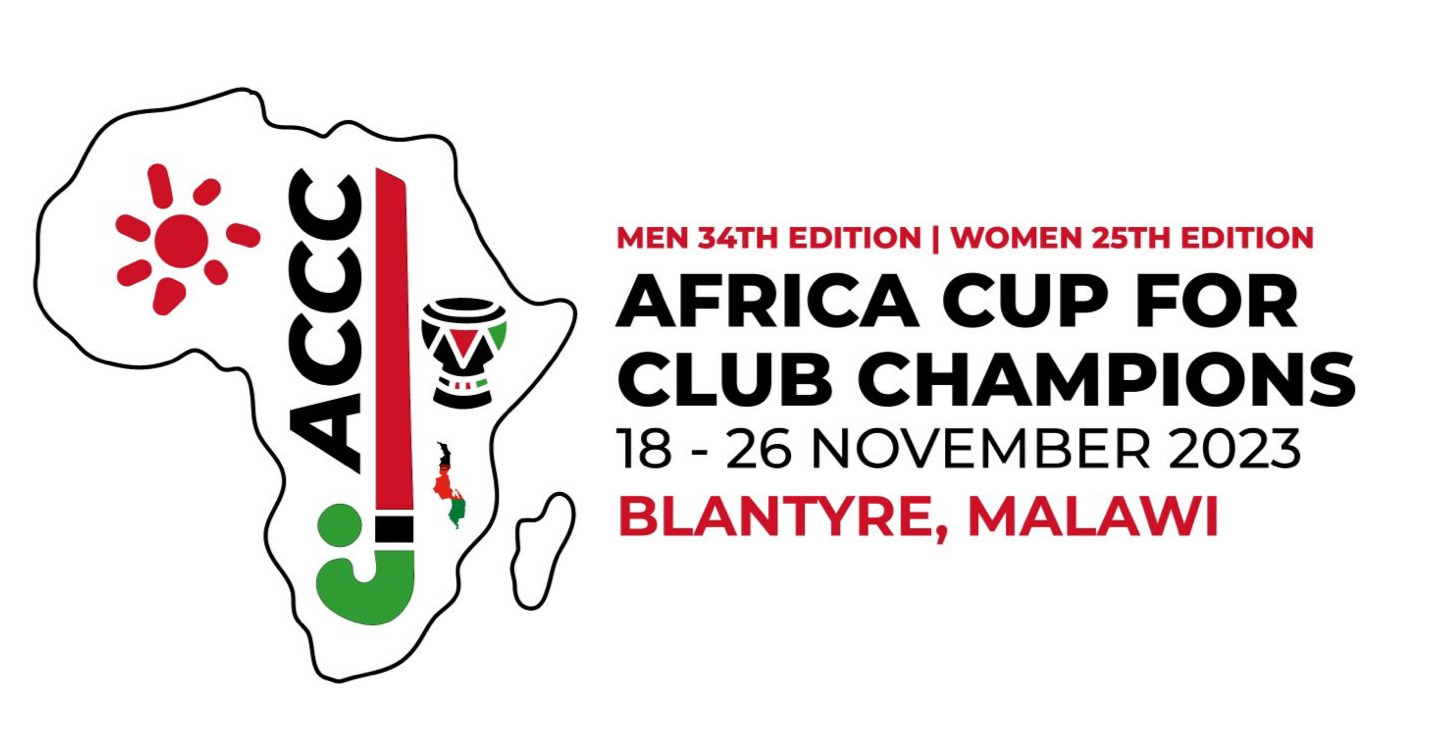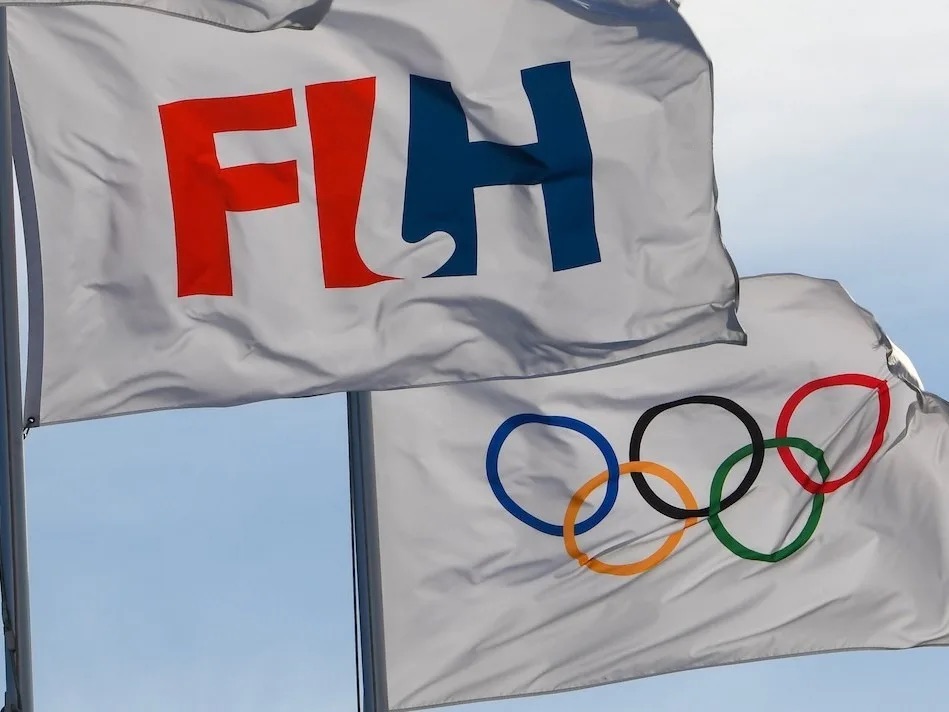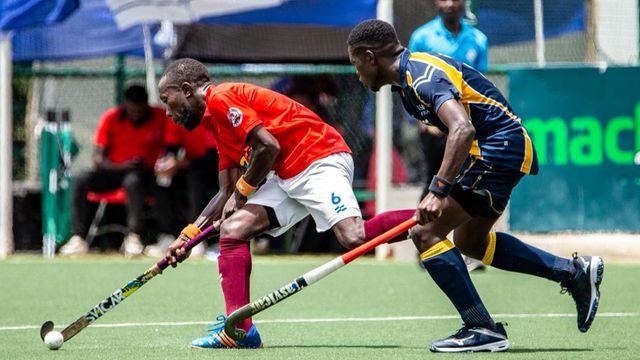Kenyan clubs begun their 2023 Africa Cup for Club Champions Tournament (ACCC) on a high note after picking up big wins as the 10-day tournament kicked off on Saturday in Blantyre, Malawi. Despite the long travel by road from Nairobi to Malawi by Western Jaguars and Lakers Hockey Club, the two clubs showed no signs of fatigue as they blistered their opponents with ease. Ironically, the government through the Ministry of Sports opted to sponsor Blazers Hockey Club who jetted in Malawi via a flight. Western Jaguars saw off Scorpions of Malawi 9-0 in their opening match. Emmanuel Wiswa scored five goals for Jaguars. Wiswa sounded the bar in the 11th, 13th,43rd, 56th and 57th minutes respectively while Sheldon Kimtai bagged a brace in the 55th and 59th minutes. Bethuel Masambu and Calistus Muyale sealed the win with a goal each. The men’s matches will be played in Round-Robin just as the women’s after the Africa Hockey Federation reviewed the fixtures with other teams pulling hout. After neutralising Scorpions, Jaguars will play Egypt’s Sharkia, Malawi’s Genetrix, Kampala from Uganda, Police Machine from Nigeria and Parachute Battalion. In the women’s category, it was the same story as Blazers thrashed Genetrix Hockey Club from Malawi 13-1. Kenyan internationals Eleanor Chebet and Maureen Okumu each scored a hat trick to lead the former champions to victory. Lilian Aura added a brace as Purity Odinga, Teresa Juma, Joan Anjao, Audrey Omaido and Barbra Simiyu also joined in the goal fest. Margret Munthali netted Genetrix’s consolation goal. Lakers Hockey Club on the other hand hammered Scorpions 12. Gilly Okumu and Lynn Tamunai scored four goals each as captain Alice Owiti netted a brace. Aurelia Opondo and Yvette Kanyandong sealed the win. Source: standardmedia.co.ke | November 19, 2023
